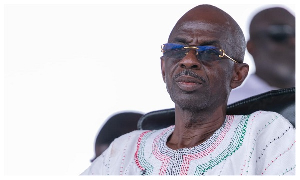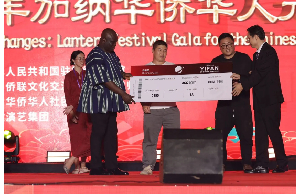Some African countries advanced, others retreated, and Ghana stayed put in the first post-World Cup international football rankings.
Black stars remain ninth with continental champions Cameroon first in the monthly Coca-Cola ratings released by world governing body Fifa on Wednesday. Nigeria lie second and cup surprise packets Senegal third.
Tunisia, for so long the top-placed African nation, Morocco, Egypt, Ivory Coast, Ghana and Angola complete a top 10 that pretty accurately mirrors where the power lies.
Senegal will argue that, having beaten Nigeria this year in the African Nations Cup and performed much better than the Super Eagles in the World Cup, they should be second, at least.
But ranking changes tend to be driven by gusts of winds, rather than gales, with shifts coming slowly rather than spectacularly, and, no doubt, the Teranga Lions will climb if they maintain the momentum of Mali and the Far East.
Zimbabwe and Zambia, once regular occupants of lofty placings, have slipped as they continually promise more than they achieve, and lie 11th and 12th respectively. There are no other southern African countries among the top 20 with once-formidable Namibia now an also-ran, a category that includes Malawi, Swaziland, Mozambique, Botswana and Lesotho.
So what are these rankings all about? First, there is pride. Every nation wants its team to be at the top and not at the bottom, where there has also been a change with Somalia climbing above Niger and Seychelles.
Rankings can play a role, of varying significance, in seedings for Fifa competitions, and when negotiating for a friendly against top-class opponents, it helps to boast of being among the African elite.
Powerhouses like Brazil, Germany, Spain, England, Italy and Argentina are certainly not going to look beyond the top 10 should they desire African opposition.
All competitive matches, which in the case of Bafana means World Cup, African Nations Cup, Castle Cup and friendlies against national teams, are taken in account when compiling the rankings.












